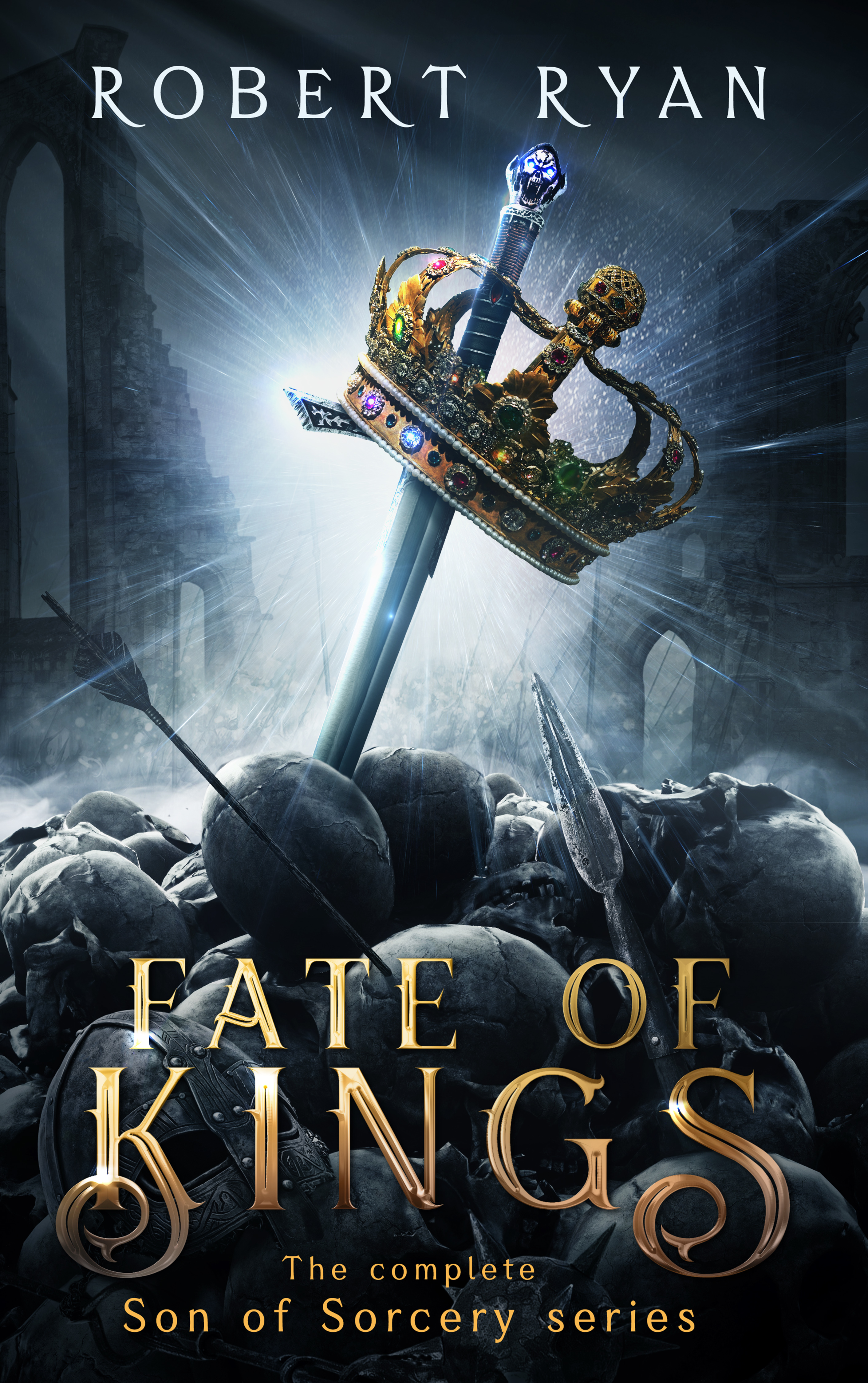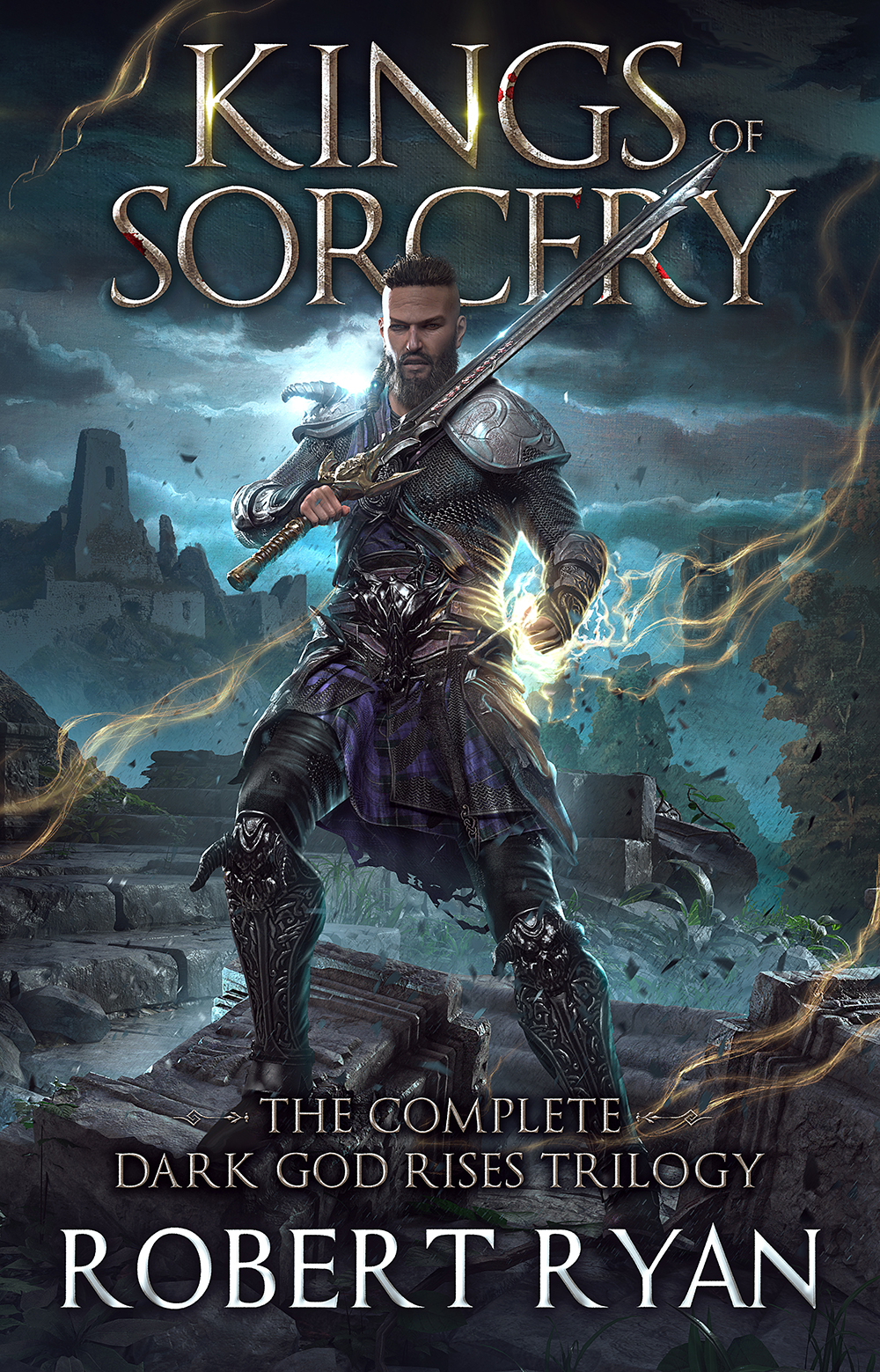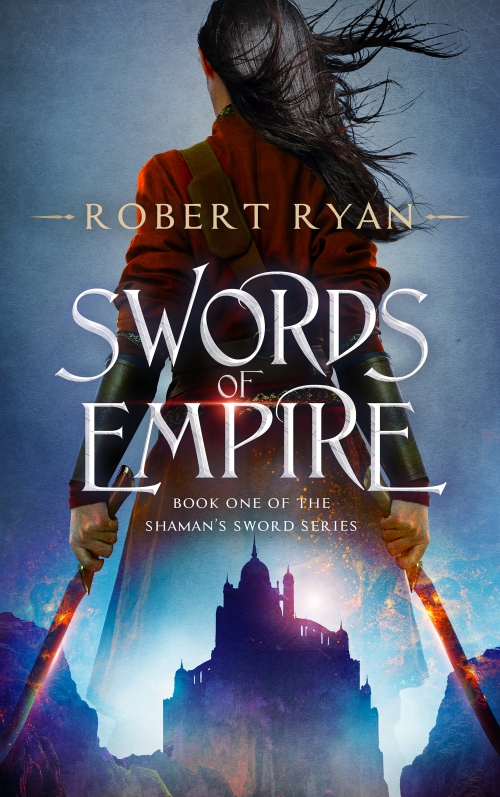Call these stories what you will, but to those of us who love them, their name matters less than their effects.
And what do they do to us? They stir our blood. The steady thrum of adventure lifts us on an ever-rising tide of suspense. The characters stand out: the brave, the wise, the treacherous. The elements of magic and wonder, instead of making the story feel unreal, shine the light of truth on each person’s innermost thoughts. We believe in them. Often, we’re intrigued by them. Always, we’re transported into their world. We breathe the air they breathe, fight the fights they fight, and walk the paths of their lives, step-by-step beside them.
But there are differences in these stories. They have their own mood and temper. Each has a charm of its own.
Many commentators provide definitions and categorize books according to their own taste. I rarely agree with their choices. Here, then, are my own definitions. You might disagree with what I say. If so, I have no cause to complain, for no one is quite alike, and no story wrings the same music from us all.
High Fantasy
How can fantasy be high? Wikipedia, that font of ready-to-hand and usually accurate information, is for once unhelpful. It claims that high fantasy is characterized by its setting in an imaginary world. By contrast, low and urban fantasy are set in the real world.
Rubbish, I say.
Wikipedia pins its definition on “sources.” Only, when you track down and read the sources (not easily done) they don’t say what the editors of Wikipedia claim.
So, let’s ignore the twisted and fictitious sources. Most people define The Lord of the Rings as high fantasy. Yet it’s set in this, the real world, although in a remote era. And Susan Cooper’s The Dark is Rising Sequence is fixed squarely in the modern world, and it’s classic high fantasy at its best, rather than low or urban fantasy.
It’s not the setting that makes a story high. It’s the style in which it’s told and its focus on the noble, rather than the ignoble. Take The Lord of the Rings. The prose is beautiful and borders on poetry – in fact, often breaks into song. But in all those pages, is the story ever told from the Dark Lord’s point of view? Do we ever get taken inside his malevolent head, to look out from the Red Eye of Mordor? No. Tolkien shies away from the ignoble. He focuses instead on the spiritual growth of Frodo, whose name means wise by experience. Frodo is ennobled by his trials, and we, as readers, are uplifted.
Tolkien, in a letter to Milton Waldman, provided an explanation of his goals in writing fiction. He said, among other things, that he aimed to write stories that were “high.”
Well, he achieved that aim. And I believe this is the origin of the term “high fantasy.” At least in the modern era. Tolkien himself was probably nudged toward the term by the 14th-century poet Chaucer, one of the areas of his professional study, who described such a storytelling mode as “high style” in the The Clerk’s Prologue.
In short, describing a story as “high” because it’s set on another world makes zero sense, either as a concept or via traceable origins. Better to call it “off-world” fantasy or something like that.
This all leads to a question. If high fantasy is a fantasy story that focuses on the noble and is told poetically with beautiful prose, what then is its opposite? Is it low fantasy as Wikipedia would have us believe?
No. The opposite of high fantasy is grimdark fantasy. Grimdark writers operate on a principle that stories should be real, that they should reflect the world as we know it. And the real world is full of bad, bad people. It’s dominated by treachery, crime, ambition, greed and murder (and little else, apparently). I’m looking at you, George R. R. Martin. And beautiful prose has no place in a story of that kind. Beautiful prose is anathema to a story of that kind.
I reject this worldview. Utterly. More on this at the end.
Heroic Fantasy
If the hallmark of high fantasy is beautiful prose and a focus on the noble instead of the ignoble, what then is the signature of heroic fantasy? It’s simply this: a concentration on the main character’s mental struggle. Their courage vies against despair and the dark forces of the world. And we have a front row seat to the battle. They may win. They may lose. But ultimately, they will not give in.
David Gemmell’s Legend is one such story. The struggle can be external, as with its hero Druss, or it can be internal, as with its other hero, Rek. What counts, above all, is the character’s resistance to seemingly insurmountable odds, ill-fortune and evil. Or the attainment of the courage to resist.
Epic Fantasy
Epic fantasy is the easiest category to define. A long tradition of literature tells us what the term “epic” means. In short, it’s a lengthy body of work. It portrays a series of adventures and heroic deeds over an extended period. The reader is likely to meet a range of people, races and nations. And the stakes are high. Usually, the fate of the world hangs in the balance rather than the fortunes of an individual. It will probably contain several points of view.
Traditionally, epics are told in a style of elevated diction. Call that “high style” if you like. I omit this from my requirement, because in fantasy, in contrast to general literature, we have the specific category of high fantasy.
The Belgariad by David Eddings and the Wheel of Time series by Robert Jordan are prime examples.
Grimdark and Noblebright
I said earlier that high fantasy and grimdark were opposites. And so they are. But there’s another name for high fantasy, and it’s growing in popularity. This is noblebright, and right there in those names you can see how opposed are their worldviews. Grimdark. Noblebright.
Grimdark writers claim that their stories are grounded in reality. I think they’re only half right. Which means they’re also half wrong. Grimdark and noblebright both exist in the real world. Treachery exists in the real world. But so does loyalty. For every force, for every emotion, there’s an opposite.
None of this is about which stories are better. We all have our personal preferences for this. But noblebright is no less real than grimdark. It’s just a matter of focus.
As a writer, what kind of character do you want to tell stories about?
As a reader, what type of story do you prefer to read?
Is your heart captured by noblebright? Click on any of my books to the right and I’ll take you on a noblebright journey. Or, as they used to say in the old days, let the high adventure begin…
Robert Ryan: High fantasy. High stakes. High style.






